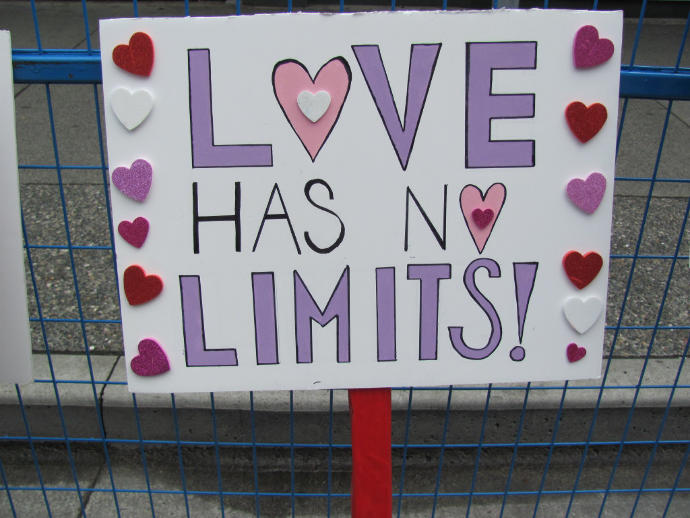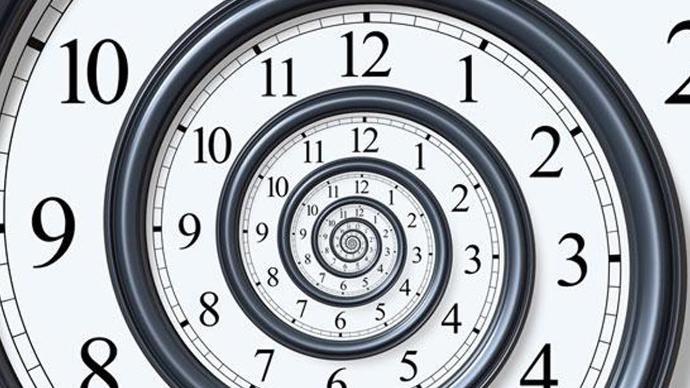This piece is entirely based on my own experience and views. To some, it may be controversial. If you disagree with any part of this, please express yourself respectfully. Anyone commenting in a disrespectful manner will be blocked and possibly reported.

What’s the difference between polyamory and having an open relationship/swinging?
An open relationship involves being in one romantic relationship and multiple sexual (but not romantic) relationships. Swinging involves everyone involved consenting to “swap” partners for a specific time period. Polyamory involves having multiple romantic relationships, not just sexual relationships.
Why isn’t one person enough?
Do you only have one friend that you love? One relative? If you have multiple children, will you only love one of them?
People have varied interests and preferences. In polyamorous relationships, they can date (and love) people who fulfill their needs in different ways. It doesn’t mean that one person isn’t enough, just that we don’t need to limit ourselves.

What’s the difference between polyamory and cheating?
Cheating is a betrayal. It breaks the rules set in the relationship. Polyamory is consensual and ethical. It’s all about communicating and making sure everyone is on the same page.
How do you make a polyamorous relationship work?
Communication is a big part of it. Everyone involved needs to feel comfortable expressing their needs. If one partner is feeling left out, they need to be able to express that.
Is non-monogamy normal?
Is monogamy itself normal? No, it really isn’t. Historically, polyamory (usually in the form of polygamy or polyandry) has been the most common relationship format. Monogamy didn’t really become common until patriarchal societies began allowing sons to inherit titles and such from fathers. Then, it became necessary to clarify paternal lines, which was done through monogamous marriage.

How do you deal with jealousy?
How do you deal with jealousy in other areas of your life? You deal with it and you move past it. Just because it’s sexual or romantic jealousy doesn’t mean it’s impossible to deal with.
A big part of it is accepting that your partner is a person and not yours to control. You aren’t sharing them, you’re accepting their choice to have other partners.
Does it bother you that people don’t understand?
Most of the time, no. I understand that polyamory isn’t common in this society. I don’t expect people to magically understand something that they’ve never heard of or experienced.
What bothers me is when people who know me don’t get it, even after knowing about it for years. I had a close friend of mine (who I thought had understood) explain my relationship choices to a mutual friend as “she wants to have her cake and eat it too!” I was frustrated and hurt.

Are polyamorous people afraid of commitment?
Not necessarily. Most polyamorous people do have some form of long term relationship, but it isn’t necessarily one that would be commonly recognized. Some will have the same “primary” partner for forty years, but have multiple “secondary” partners over that time period. Commitment is a personal choice, and comes in many forms.
How did you become polyamorous?
This will probably sound cliche, but I believe I’ve always been polyamorous. I remember watching soap operas with my older sister growing up, and wondering why the love triangles couldn’t work out. Why did they have to make a choice? As I got older, I encountered similar situations in young adult novels. Young heroines had to decide between the boys who made them feel safe and the boys who excited them. Why couldn’t they have both? Later, in LGBT+ romantic fiction I read about young bisexual women having to decide between having a male or a female partner.
When I finally discovered polyamory, I felt like I had found my people. People who didn’t feel the need to limit themselves or their partners. People who understood what I had been trying to say for so long.

How do you have time for more than one relationship?
It can be really hard. When you and your partners are juggling school or work, family, friends, and other things, it can get rough. You have to work with your partners to figure out what activities you can fit in where, who feels comfortable socializing with friends or family, and more. It takes a lot of communication and planning, but it can work.

Is being polyamorous an orientation?
I believe that it is, for some people (myself included). Other people may adopt it because it’s their partners’ preference.
What about children?
Polyamory can be very good when you’re raising children. Multiple adults will be available for various activities, asking for advice, and to support them. Studies have shown that healthy polyamorous families raise well adjusted children with strong communication skills. The majority of children raised in polyamorous homes choose monogamy as adults, rather than defaulting at polyamory.
What questions do you have about polyamory?
Most Helpful Opinions